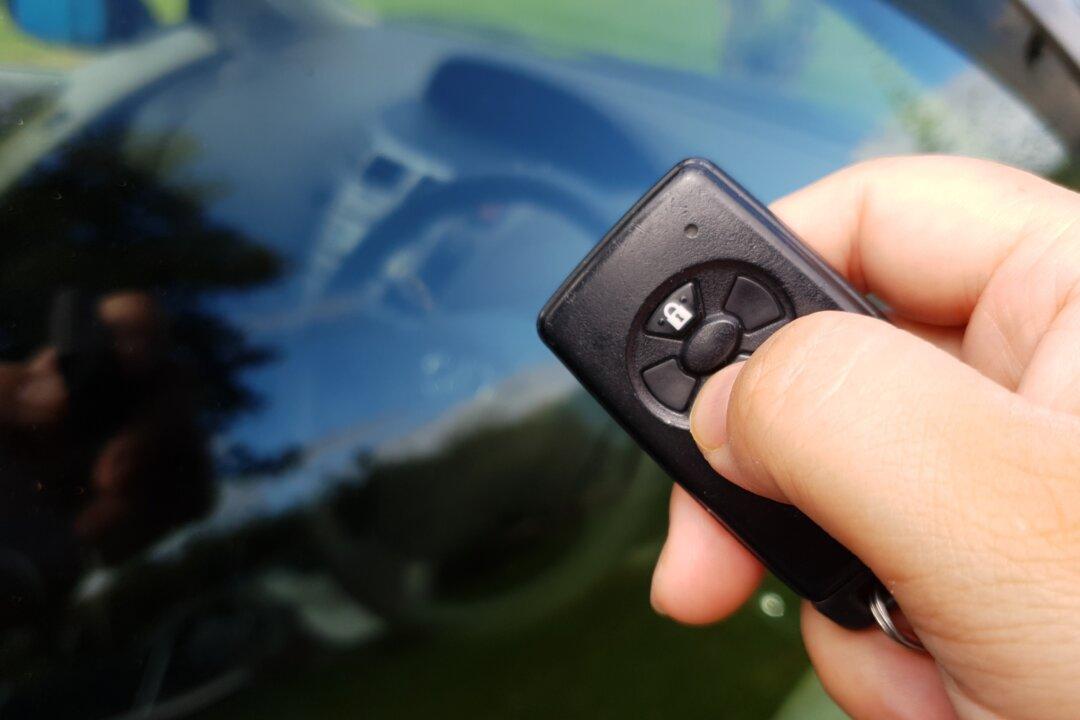Car thieves are stealing around 350 vehicles a day in the UK, many of which are taken using electronic devices which bypass the keyless fob and can be bought on the internet for as little as £1,000.
In 2022 the number of vehicles stolen was 112,871, up from 89,811 the previous year, a rise of 25 percent.





